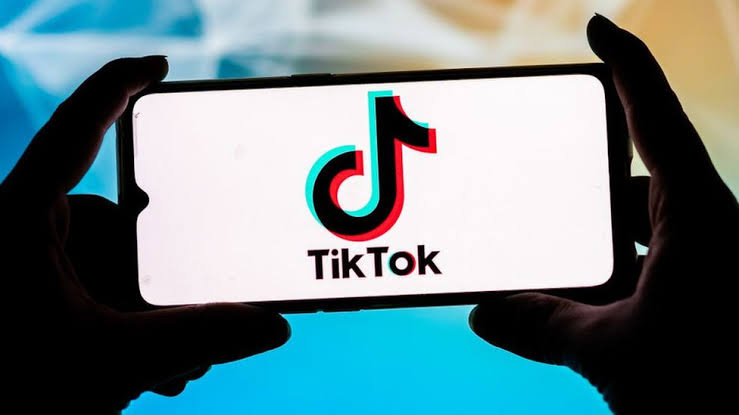TikTok has become a tool of opportunity for entrepreneurs, but it is not yet a guaranteed income stream.
However, as more side hustlers enter the digital economy, the real test lies in whether they can turn fleeting views into lasting value.
In South Africa, where youth unemployment continues to soar, many young entrepreneurs are turning to TikTok as a marketing tool to promote their side gigs and drive sales.
While the platform offers visibility and reach, not all digital success translates into sustainable business growth.
Phenyo Setwaba launched Pello Donna Creations in 2020. What began as a passion for planning family gatherings, has grown into a business that provides custom cakes, floral arrangements and intimate event setups. After a slow start, she found traction by learning to work with TikTok’s algorithm.
“At first, I didn’t reach my target audience, but I kept posting. Eventually, I figured it out. Now most customers say they saw my work on TikTok—it’s my favourite marketing tool,” she said.
While the business began as a side hustle, Setwaba considers it a growing brand.
She runs the business alone and without external funding or formal training, handling everything from baking to customer service. The pressure to consistently produce content while managing orders can be overwhelming.
“Followers don’t guarantee sales,” she added. “You need quality content, consistency and make it easy for people to find and buy your product.”
A similar approach is working for Beauty by Reneé, a wig business launched in May 2024.
The founder sells synthetic and blended human hair wigs online, using TikTok to showcase products and Business WhatsApp to process orders.
“We showcase the wigs in videos and that brings in a lot of clients,” she explained. “WhatsApp Business makes it easy to sell and fulfil orders,” Chidema Reneé Dike told Vutivi News.
Although the business is run online, there are plans to expand into a physical hair boutique.
One challenge has been dealing with impersonators who scam potential customers by posing as the brand.
“It damages trust and hurts the business,” she said.
Dike’s advice to those starting out is to know their target market and post consistently.
While TikTok is helping young South Africans gain exposure, it does not yet offer direct income to local creators.
The platform’s Creator Fund is unavailable in the country, meaning entrepreneurs must rely on converting views into sales—unlike YouTube, which does offer monetisation options for eligible creators.

































































